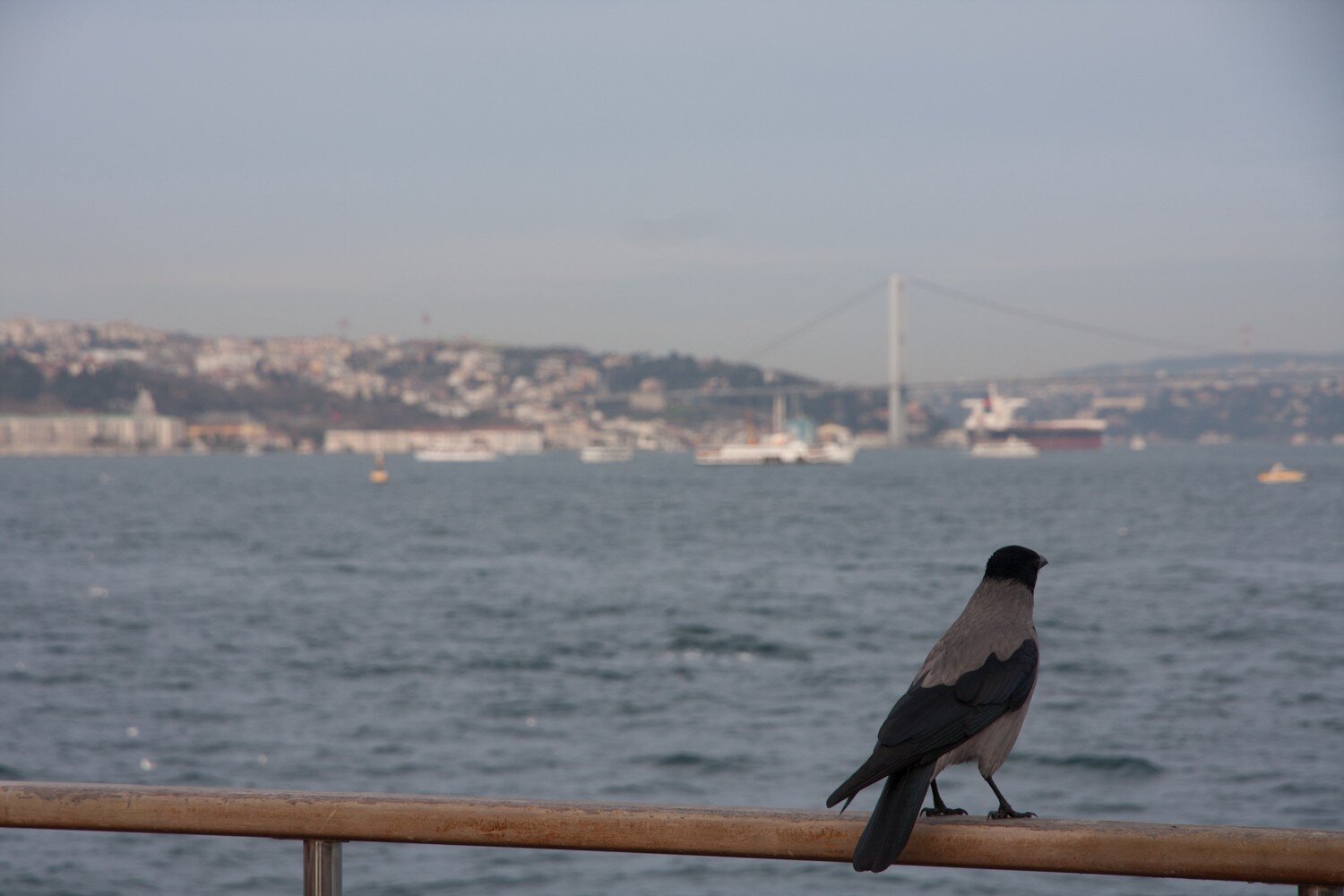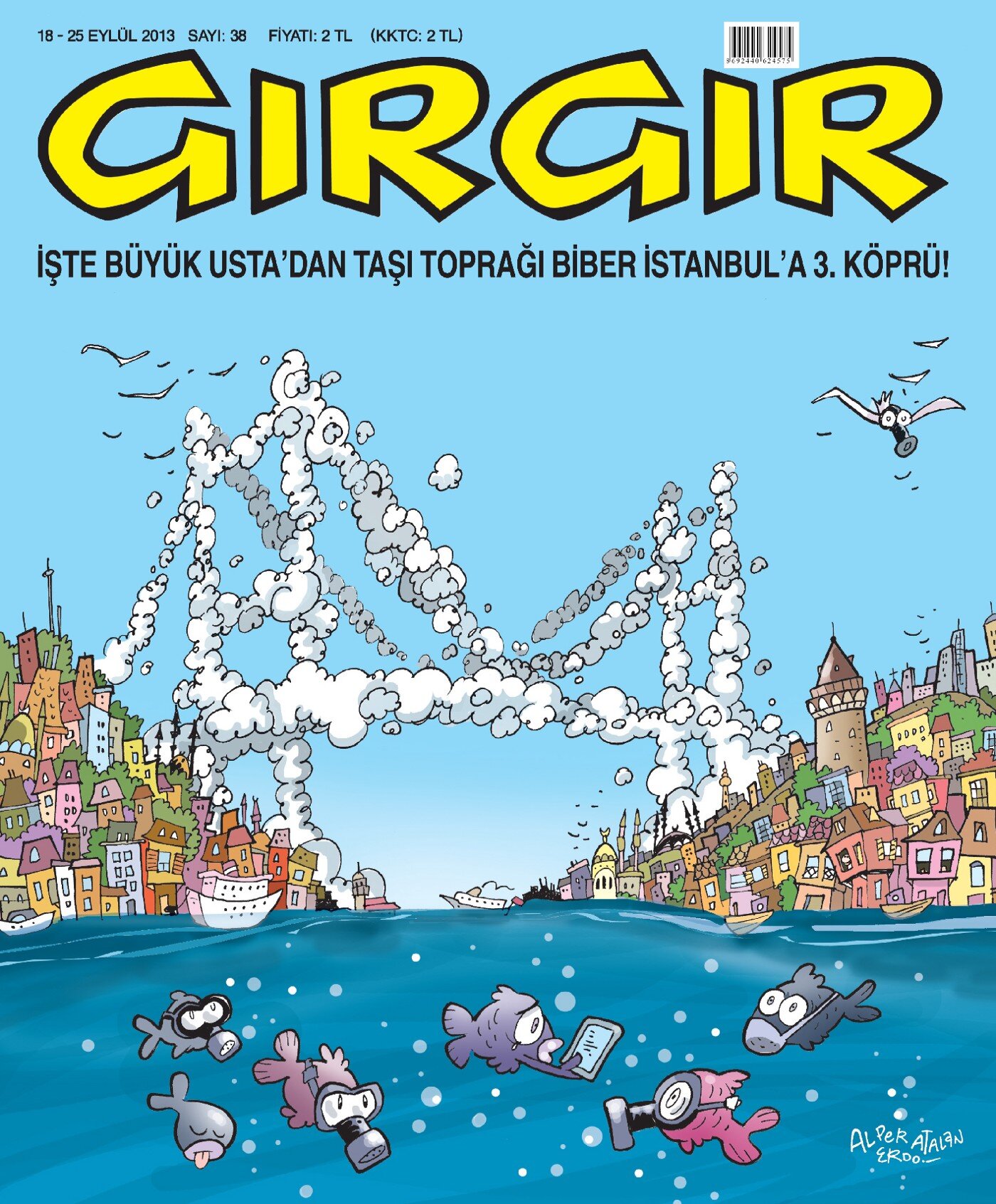Watching Birds in a Suffocating City

I never lived in my country of birth. My parents migrated to Belgium when I was a baby. Despite that, Istanbul is a place where I constantly return, and the Turkish language is where I dwell. This is probably the reason why I was so moved by watching Portraits from Istanbul: The Birder, a 3-minute short film by Murathan Varol telling the poignant story of Akdoğan Uzkan, a birder from Istanbul.
Looking from afar, growing up and living in a fairly democratic environment, my heart aches every time my friends and family have to fight for their civic liberties, or when writers and poets I translate are being prosecuted and risk spending years in jail for having expressed their opinions or imagination. I experience the daily criticism against Turkey with much emotion; of course nobody wants a totalitarian regime at the door of Europe, but those living inside it don’t want it either. I always fear that we — outside of Turkey — turn our backs against good people too quickly.
When I watch the story of this man, a birder, who loves nature so much he feels the urge to chronicle his environment, I am reminded that he is not alone and that I have the responsibility, partly as a citizen born in Turkey, but mostly as a human being concerned about the planet in which I live, to still care and show that I care.
This film is an illustration of ongoing political unrest linked to environmental issues in Turkey. Massive construction projects are in the making in Istanbul. One that has struck large controversy since its inception in 2012 is the third Bosphorus Bridge and Northern Marmara motorway, mentioned by Uzkan in the film. Despite all the protests by environmentalist and activist groups, it is currently under construction, causing much harm to Istanbul’s most important natural habitat.
“This area functions as the lungs of Istanbul. This is where the city breathes” — Akdoğan Uzkan
In March 2015, The Guardian reported that wild boars had started migrating to the city. When one of the unfortunate animals ended up swimming in the Bosphorus, Forestry and Water Affairs Minister Veysel Eroğlu said “the pig did what pigs do”. Besides the environmental disaster, accidents on the site have cost construction workers their lives.
You may remember the events that started on 28 May 2013 when protesters gathered in Gezi Park on Taksim Square in Istanbul. They were holding a peaceful rally against the demolition of trees in the park to pave the way for yet another shopping mall. The protestors were families, young and elderly people, activists… they were not from any specific political movement, but they gathered to save the trees, and to halt the continual transformation of Istanbul into one giant shopping mall. After armed police violently tried to break up the protest with tear gas and water cannons, the Gezi Park protesters were joined by fellow citizens from all over the city. The focus of the demonstration shifted quickly: these protests had turned, as the Guardian explained at the time, “into Turkey’s biggest anti-government disturbances in years, challenging Prime Minister Recep Tayyip Erdogan’s power.”
The Occupy Gezi movement did not erupt independently but was always closely linked to other major environmental conflicts caused by urban development projects and other massive constructions going on across the country. Many of these were developed and implemented at the expense of ecology, conservation and other environmental concerns.
September 2013 cover by Alper Atalan of satirical weekly Girgir “From the great master: A third bridge for the gassed Istanbul!”
The narrative in the film kicks off in an enthusiastic and most hopeful tone, before we get drawn back into the harsh reality of urban development driven by financial and political interests. At the end of the video, Uzkan says something truly relevant:
“What you call ‘my tree’, ‘my bird’, ‘my water’ is taken away from you by the government […] if you can do nothing about it as a citizen, can you consider yourself a citizen?”
This highlights one of the major issues in contemporary Turkey: the voice of a wide majority of citizens is being ignored, even silenced. Not only have people no say, but their lives also has no value. Akdoğan Uzkan’s journey is like a collapsing dream, reflecting the country’s own descent into the destruction of what they should ultimately care for. We are the spectators of an ongoing suffocation of the city and its inhabitants, but among them are many like Akdoğan Uzkan, raising their voices and struggling to keep the dream alive. While it is tempting, even comforting to write off entire regions of the world, such minor, but piercing glimmers of determination and hope forces us to not avert our eyes.
Writer, Literary Translator, Artist based in Amsterdam.
Canan (she/they) publishes The Attention Span Newsletter, taking the time to reflect, to analyse and to imagine our societies through writing, art and culture; and City in Translation, fostering discourse and conversations around the art of translation.

